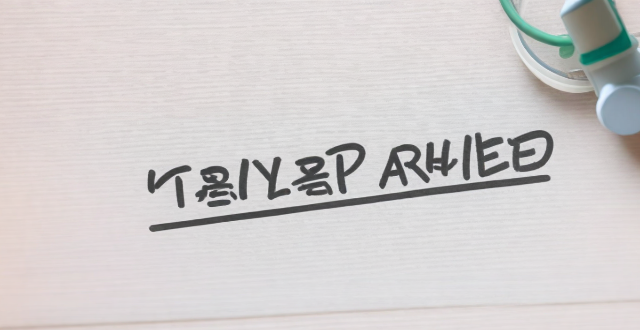This text provides advice on how to be prepared for medical emergencies while traveling abroad. It suggests researching healthcare options, getting travel insurance, packing a travel medicine kit, learning basic first aid, knowing emergency numbers, staying healthy, and keeping important information handy.

How to Be Prepared for Medical Emergencies While Traveling Abroad
1. Research Healthcare Options
Before you travel, research the healthcare options in the country you are visiting. This includes:
- Hospitals and Clinics: Find out where the nearest hospitals and clinics are located. Check if they have English-speaking staff or if they accept your insurance.
- Pharmacies: Locate nearby pharmacies and check if they carry the medications you need.
2. Get Travel Insurance
Having travel insurance can help cover unexpected medical expenses while abroad. Look for a policy that covers:
- Medical Expenses: This should include coverage for doctor visits, hospital stays, and emergency evacuation.
- Cancellations and Interruptions: This can help reimburse you for trip costs if you need to cancel or cut your trip short due to an emergency.
3. Pack a Travel Medicine Kit
Pack a small bag with essential medications and first aid supplies such as:
- Prescription Medications: Carry enough medication to last your entire trip, plus extra in case of travel delays.
- Over-the-Counter Medications: Include pain relievers, anti-diarrheal medicine, antacids, and motion sickness pills.
- First Aid Supplies: Pack bandages, antiseptic wipes, insect repellent, sunscreen, and any other necessary items.
4. Learn Basic First Aid
Knowing how to provide basic first aid can be crucial in an emergency situation. Consider taking a first aid course before traveling.
5. Know Emergency Numbers
Find out what the emergency numbers are in the country you are visiting and keep them in an easily accessible place. In many countries, it is 112 or 911.
6. Stay Healthy
To avoid getting sick or injured while traveling, follow these tips:
- Stay Hydrated: Drink plenty of water throughout the day.
- Eat Safely: Avoid eating raw or undercooked meat and only drink bottled water.
- Exercise Safety: Wear a helmet when biking or motorcycle riding and use seat belts in cars.
7. Keep Important Information Handy
Carry important medical information with you at all times, including:
- Contact Information: Include the names and phone numbers of family members or friends who can be contacted in case of an emergency.
- Medical History: Carry a copy of your medical records and a list of any allergies or medications you take.
- Insurance Information: Keep a copy of your travel insurance policy and emergency assistance phone number with you at all times.
By following these steps, you can be better prepared for medical emergencies while traveling abroad.